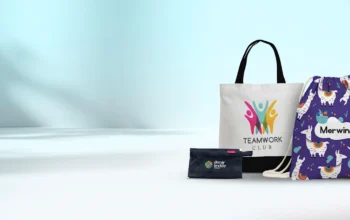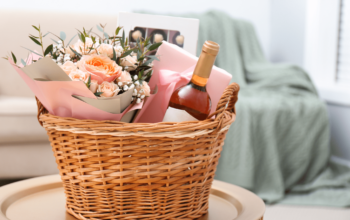Planting in the best potting soil for vegetables is the first step in cultivating a large, abundant harvest of veggies in pots, containers, and raised beds. Making your own at home is one of the simplest methods to accomplish this.
Cucumbers, tomatoes, and peppers are common vegetable plants that use a lot of soil. Unfortunately, these veggies develop weak roots, stems, and leaves when they are planted in sluggish or worn-out soil. Which naturally results in a meager crop.
Top soil
Pulverized top soil is the ideal ingredient for this combination because every good potting soil needs a solid foundation of traditional “dirt.” Depending on the quantity required, it can be bought in bulk or bags. However, it is crucial to guarantee that the soil is ground up.
Simply put, pulverized describes dirt that has been thoroughly ground down, making it loose and clump-free. To maintain the soil fluid and free, this is crucial when combining with the other critical substances listed below.

Compost
Compost is a vital component of the best organic potting soil for vegetables since it is teeming with life.
Compost that is pure can hold up to ten times its weight in water. This implies that it reduces the need for watering while also keeping plants safe during hot weather. Compost is also rich in the minerals and nutrients that plants require to develop and thrive.
Compost infuses your potting soil with energy by adding nutrients like calcium, phosphorus, nitrogen, potassium, and more. For your mix, you can buy bagged compost if you don’t already have a compost pile. Having said that, start a compost pile right away if you don’t already have one. Your garden and plants will appreciate it!
Perlite
Contrary to popular belief, perlite is an organic, naturally occurring material. Volcanic glass has the capacity to pop like popcorn when heated.
The open pores of perlite, when added to soil, aid in drainage, water retention, and most significantly, keep the soil mixture bright. Additionally, perlite has a PH of 7 (neutral), which means it won’t throw off the soil’s pH equilibrium. Perlite helps to keep the soil flexible and promotes root growth in conjunction with compost.
Insect Castings
The dung of worms is what worm castings are. But boy, are they really amazing to utilize in making fantastic veggie potting soil!
Worm castings are the best low- and slow-release fertilizer for vegetable plants because they are lightweight. If nutrients are given to plants too quickly, they may outgrow their pots and produce more foliage than flowers or vegetables.
Last but not least, make sure your containers have sufficient drainage. In order to help excess water drain away from plants, place a few inches of gravel, wood chips, or even a few larger rocks and stones in the bottom of each container. Additionally, make sure the bottom has plenty of drainage holes to allow the water to escape.



